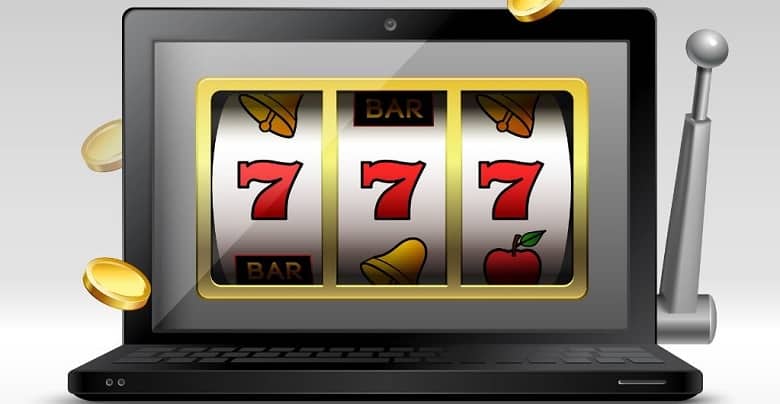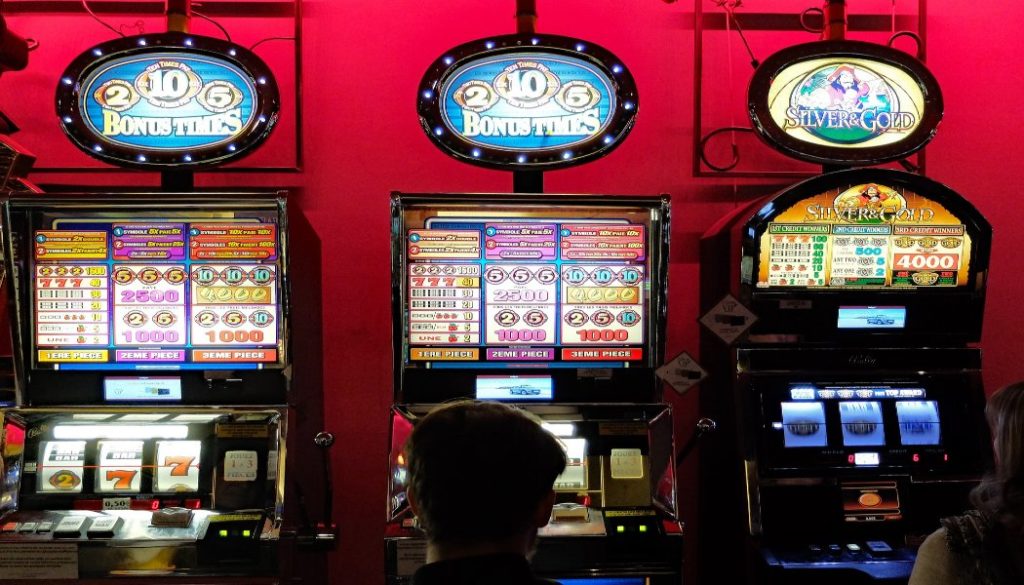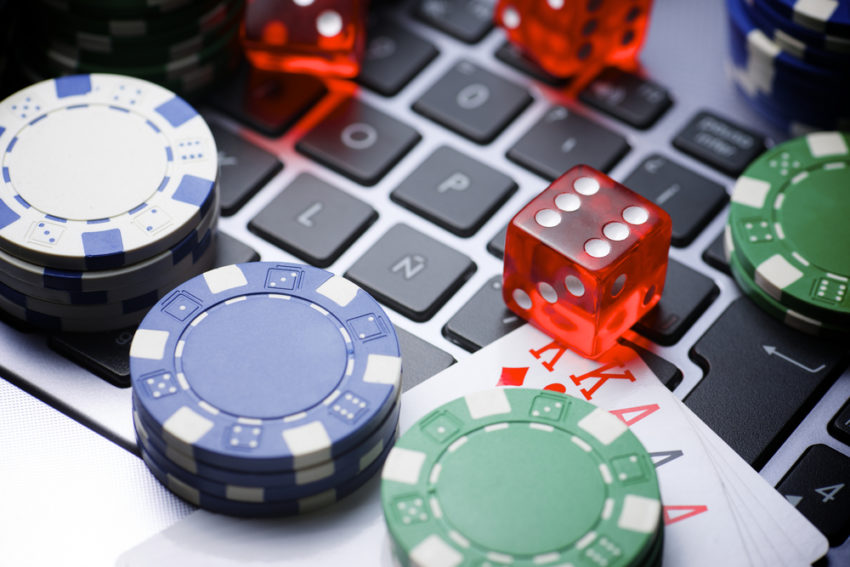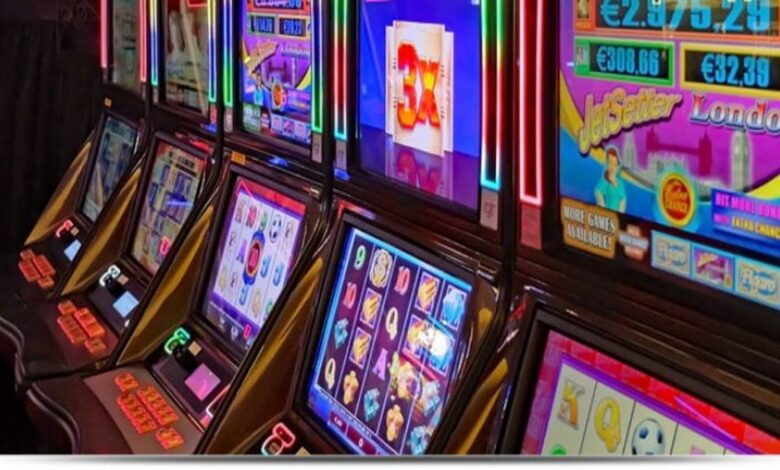Today, online gaming has become a popular pastime for many people. Often called “play-to-win” games, players can monetize their time and performance with real cash prizes. The growing popularity of these games has made it possible for some players to make an income from playing these 123BET games–and other working professionals can use their skills from playing these games as a means of professional advancement.
However, there are different forms of play-to-earn games. Some play the game to acquire virtual in-game currency that can be used to purchase “virtual goods” that can be exchanged with other players (and sometimes real money). Others play the game to stay competitive within their social circles or “gamification clubs.”

The question is whether a player has the legal right to monetize and exchange points for money when playing these types of games. According to experts, virtual goods should be considered “intellectual property.” Therefore, intellectual property rights owners (IP owners) will have a legitimate claim against anyone who uses their intellectual property without the IP owner’s permission. For example, play a game with a well-known intellectual property character like Pokémon or Mario. The game developer/owner may have a claim against you for copyright infringement and related rights.
As such, with the monetization of virtual goods for real money being so widespread today, it is no surprise that other IP owners want to be compensated for their intellectual property as well–mainly when games that use these IPs feature transactions in which players can purchase in-game currency to play the game and compete. But if this virtual money exchange is sharing profits with the IP owner, it may be possible to sidestep copyright law issues.
This means that game developers must be able to offer “real sensical and equitable” IP deals with IP owners to be able to include popular IPs in their games legally. Whether this happens is still unclear, but it will inevitably lead to much litigation among developers and IP owners.
However, there are other ways of monetizing play-to-earn games other than exchanging virtual currency or virtual goods. Play-to-earn games often require the player to pay for access or premium features with real money. For example, a player may have the opportunity to pay for additional features like unlimited lives or advanced levels that would otherwise take time or stamina (points) earned through gameplay to unlock.
In conclusion, studios must understand that their games can be at risk for IP infringement in the form of unauthorized use by players (or even legal action by game developers). However, to protect against this, developers can ensure that their games are as “realistic” as possible regarding IP ownership and use. Players should also be aware of the risks of specific game types.
















